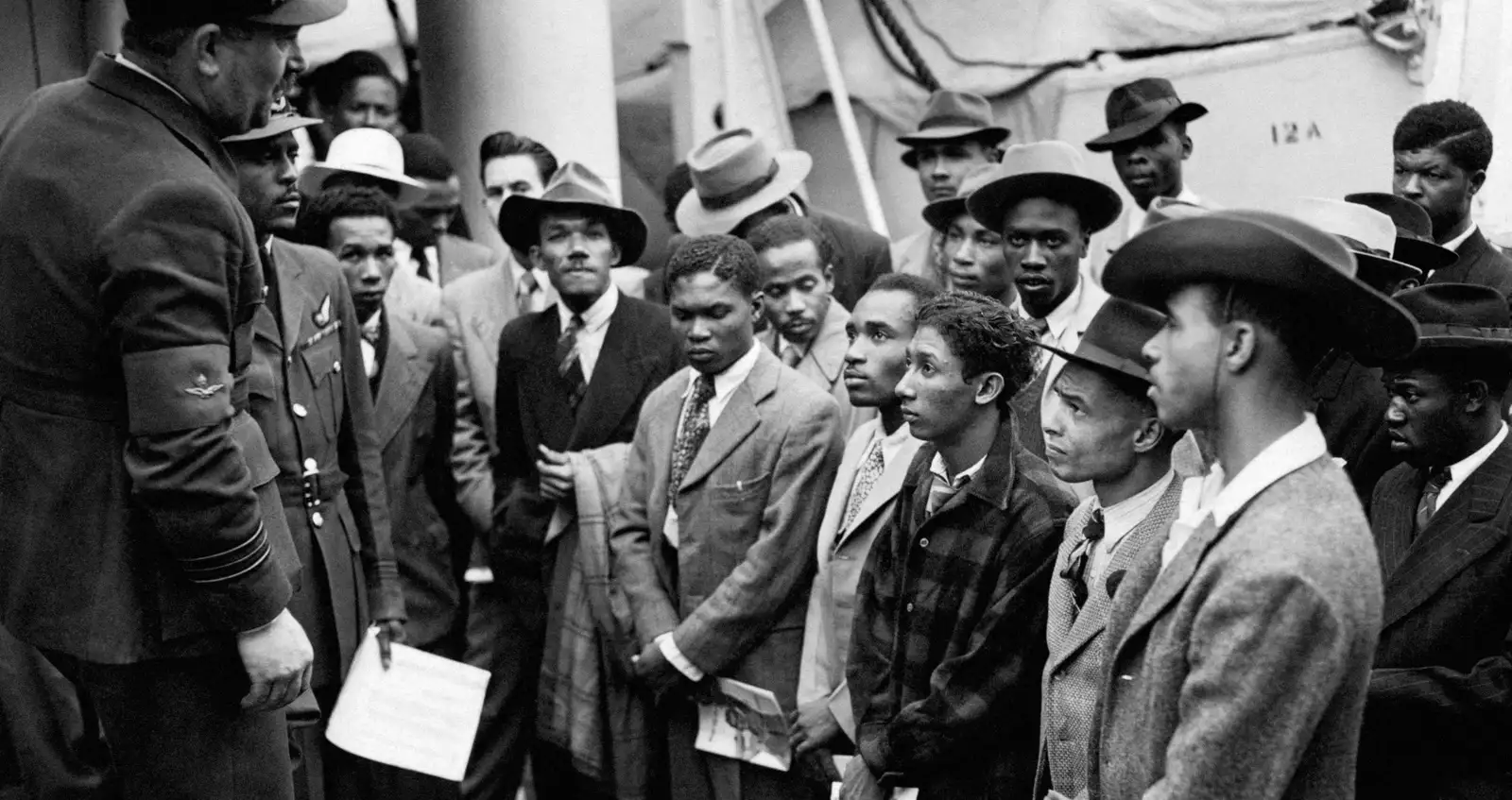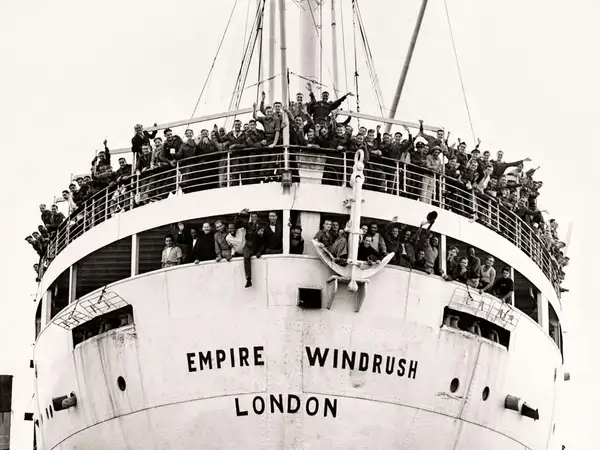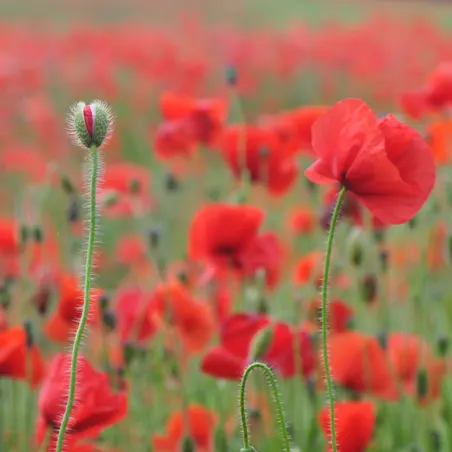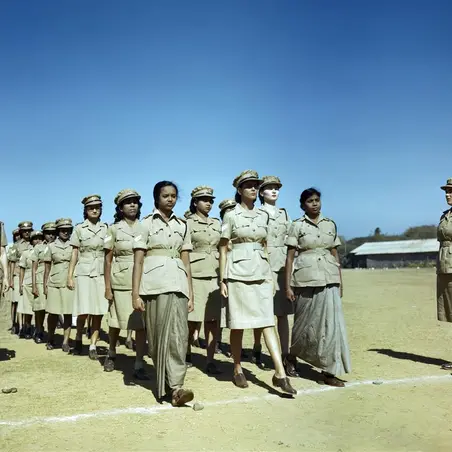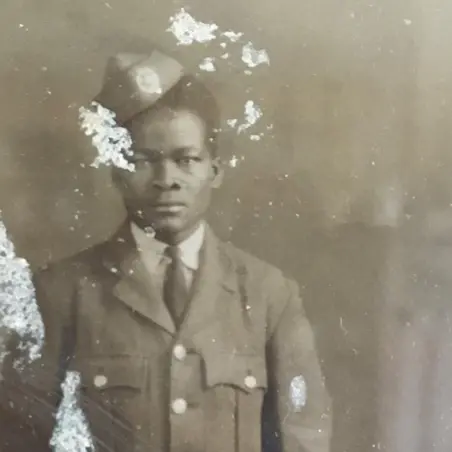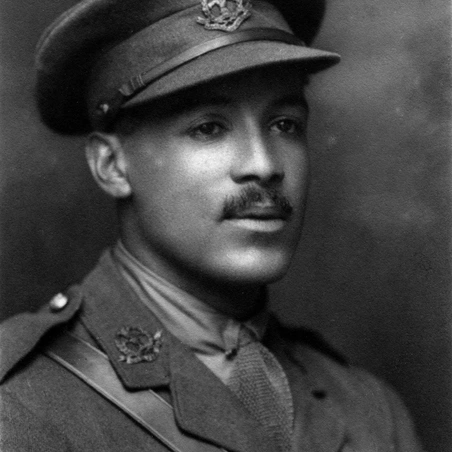People from the Caribbean and of Caribbean descent have made significant contributions to the British Armed Forces, from the World Wars to the present day.
To mark the 75th anniversary of the Empire Windrush arriving in Britain we brought together Brigadier Karl Harris CBE and Colonel (Retd) Andy Allen MBE, both of whose parents settled in Britain as part of the Windrush Generation. Watch their full conversation above.
What is Windrush Day?
Windrush Day marks the anniversary of the HMT Empire Windrush arriving in Britain and is an opportunity to celebrate British Caribbean communities, and acknowledge the service and sacrifice of the Windrush Generation.
Following the Second World War, the UK was in urgent need of rebuilding and faced a labour shortage. Settlers came to Britain in search of employment opportunities and in the post war years the government began to invite people from the Caribbean to fill roles such as in the new National Health Service.
However on arrival, the settlers were often met with racism, lack of acknowledgement of their professional skills and qualifications, and finding adequate accommodation was often difficult. The Windrush Generation worked tirelessly to overcome prejudice and build successful lives and communities.
As we mark the anniversary of the Empire Windrush, we celebrate the diversity within the Armed Forces community today, and highlight the significant contributions of the Windrush Generation and their descendants.


